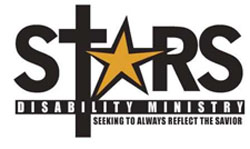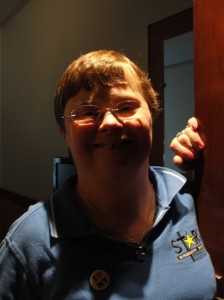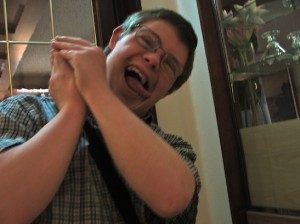In college, I volunteered with the STARS Disability Ministry at College church. I helped Kristin Knosp, a fellow music ed major, with the music sessions for people with special needs. For the past 2 weeks, Kristin and the STARS were in France on a missions trip, spreading awareness of educational and musical programs for people with developmental disabilities. They performed concerts and led workshops, providing encouragement for those who have family members with disabilities, and giving churches ideas of how they can incorporate disability ministries into their programs.
On Saturday, May 28th they were in Strasbourg, France, which isn’t too far from Kandern. I took a train from Schliengen up to Strasbourg and explored the city while I waited for them to arrive.
Finally, the STARS came!
It was good to see them again. Seeing the STARS reminded me of the unconditional love and honest display of emotion shown by many people with disabilities. Our cultures teach us to refrain from displaying excitement at the top of our voices, but individuals with Downs Syndrome and Autism often ignore, forget, or do not recognize conventional patterns of acceptable behavior. I’m sure there was never a dull moment in the streets of France as the STARS toured!
It was refreshing to see their open honesty. At BFA, I work with kids who are extremely good at blending into any culture. They are great at being invisible when they choose to be. As TCKs (third culture kids), they can speak various languages and pick up on nonverbal communication in different countries. In many ways, they are just the opposite of these people with developmental disabilities. Though cultural sensitivity is a good thing, sometimes TCKs are too good at putting up a façade. They know exactly what teachers and parents want them to say, so they say it and they get by without really addressing issues of the heart, doubts, and their own internal faith.
I wish we could have people with more severe disabilities at BFA. Unfortunately, our support staff is already completely overworked with their mainstream cases of ADD, mild learning disabilities, and mild autism.











